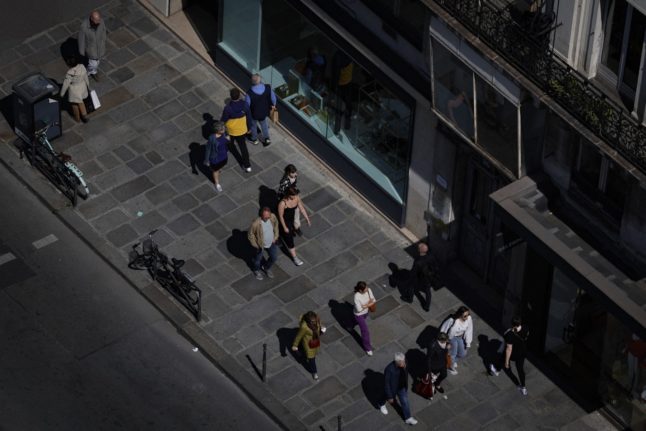Just two weeks after a French mayor in Normandy passed a bylaw ordering the sun to come out, another mayor – this time in a bit further south – has issued a decree ordering the rain to only fall at night.
Gwenaël Crahès, the mayor of La Grigonnais, a commune with 1,700 inhabitants in the Loire-Atlantique département, signed a decree ‘requiring that there is sunshine all day long from Monday to Sunday’.
The gloomy weather and rain should only be allowed at night, from 11pm to 6am ‘in order to guarantee an acceptable level of rainfall for crops’.
The commune shared the new decree on their Facebook page, with the caption “Order of the utmost importance” followed by the lines “The gloomy weather has got to stop! (…) Come on, if we all believe hard enough, the sun will have no choice but to come out!”
The municipal decree points out that the “the sun is the main source of vitamin D and that a lack of vitamin D can lead to a risk of bone problems, muscular weakness and impaired functioning of the immune system”.
It also noted that “the health of Grigonnais workers and residents depends heavily on the amount of sunshine”.
So far, France has seen a year with historic rainfall. The French weather authority Méteo France found that it had rained 20 percent more in June 2024 than the 1991-2020 norms, with more than double typical rainfall in some regions.
Crahès, like his counterpart in north-west France, enjoys a good joke law.
He previously signed an authorisation last winter ‘allowing Santa Claus to move around freely’, Le Figaro reported.



 Please whitelist us to continue reading.
Please whitelist us to continue reading.
Member comments